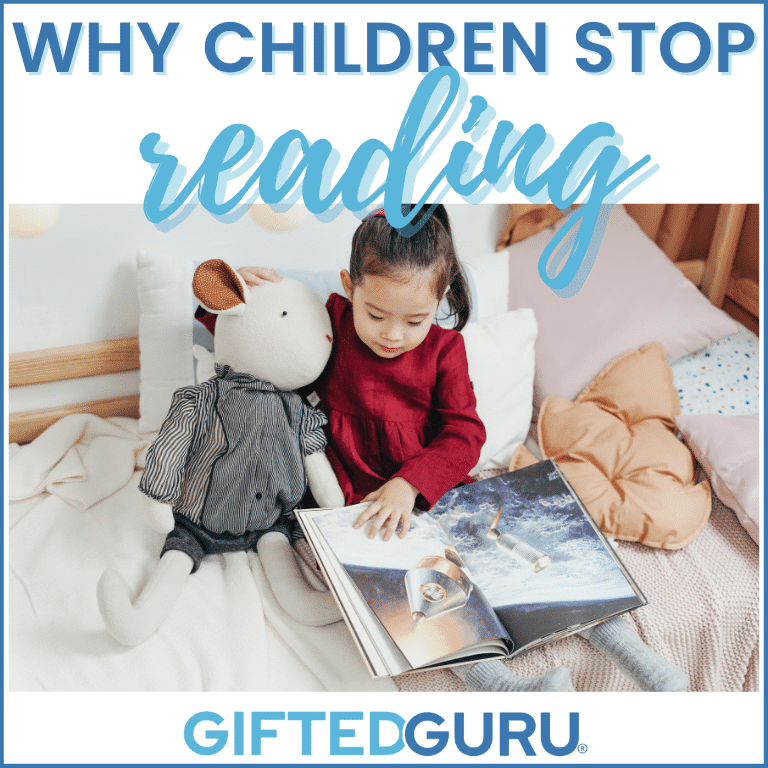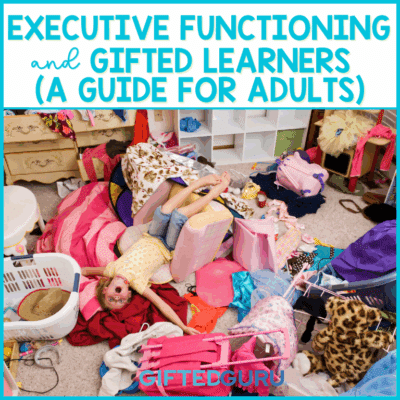I’m desperately concerned about why children stop reading, and I hope you are, too. Let’s talk about why children stop reading and what we can do about it.
Too Few Of Us Read
I came across an article recently called Harry Potter and the Death of Reading that was written in 2007 by Ron Charles, senior editor of the Book World section of the Washington Post.
In the article, Charles laments the narrowing of reading focus, quoting scary statistics like this one: “According to a study by Alan Sorensen at Stanford University, ‘In 1994, over 70 percent of total fiction sales were accounted for by a mere five authors.’”
And even they aren’t read that often. The National Endowment for the Arts’ study To Read or Not to Read demonstrated that the trend is firmly moving toward the second half of the phrase…we’re reading less as a nation.
According to the NEA, the “percentage of 17-year-olds who read nothing for pleasure has doubled over a 20-year period.”
Interestingly, the percentage of 9-year-olds who read almost every day for pleasure has remained constant (about 54%).
Something terrible is happening to tween and teen readers. That thing is school. I’m calling you out, School. You know what? I’m calling parents out, too. Just to be fair.
Why Children Stop Reading
Here is the problem, as I see it.
A child shows up for kindergarten, plops herself down on her green carpet square, and stares raptly as the teacher reads beautifully illustrated stories to the class in a voice rich in tonal quality, with marvelous pauses for effect and questions that build suspense (Will the Runaway Bunny ever escape his mother?).
Then, a terrible thing happens.
She learns to read.
Why is this bad? Because people stop reading to her, and the books she can read herself are nowhere near as interesting as those people read to her.
She’s too slow a reader to catch the flow of suspense.
She gets frustrated sounding out words and would rather do something easier.
She brings home the “assignment” to read out loud for fifteen minutes a day, and so it becomes a chore.
Why Standardized Testing Is a Problem
Enter (cue Darth Vader music) Standardized Testing.
Now, the child hears stories, but she must analyze them.
How many of you would read for pleasure if, when you returned the book to the library, the Comprehension Police were waiting to make you answer questions about what color the dog was and what kinds of conflict were in the story?
Be honest: most of us don’t even want to talk about the books when we’re at our book groups, for crying out loud. And yet. And yet we expect our kids to keep being avid readers when we bleed the joy out of it, one multiple choice question at a time.
What Goes Wrong in Middle School
Advance to middle school and find our same child. Now, she is over-scheduled and concerned about peer opinion.
Her parents, concerned that she’s supposed to be the next gymnastics super star, have her in the gym twenty hours a week, but she is also taking violin lessons, in Girl Scouts, studying piano, and participating in two or three other activities, just to make sure she never gets any time to just lie on her bed and read.
Many of her friends aren’t reading, and so reading becomes even less a part of her life.
What Goes Wrong in High School
Advance to high school. All of a sudden the juvenile fiction is gone. Disapparated like Harry and Hermione.
Our reader skipped somehow from A Wrinkle in Time to A Tale of Two Cities. Now, don’t get me wrong: I love A Tale of Two Cities. I have a secret crush on Sydney Carton. Apparently I just outed myself. However, giving it to a fourteen-year-old with a set of study questions will turn even the most determined off reading. Perhaps forever.
And woven through this entire tapestry of travesty is the lack of recreational reading being done by the people around her. Too wrapped up in apps to appreciate the printed word. Too busy watching Netflix to read. Too caught up in mundanity of life to escape, even for a few minutes, into other realms. Too busy living to live more deeply.
We drove it out of her. Slowly and methodically and terrifyingly effectively.
What Can We Do About It?
Never fear! I have a plan!
- Schools must ensure that there is time for pleasure reading not associated with testing. Librarians (like Esmé Codell – a bibliophilic angel) must be allowed time with kids and (gasp!) money for quality books. There must be library browsing time.
- Parents should keep reading to kids even when the children can read themselves. I cannot adequately describe the pleasure of sharing books aloud with your children. I still remember being iced in with my sons for four days, wrapped in quilts and reading the Little House books virtually non-stop the entire time. Years later, one son drew a picture of it, with a thought bubble coming out of his head that showed the picture he had made in his mind while I read.
- Schools should incorporate Young Adult fiction into the high school curriculum and stop forcing only classics down the kids’ mind-throats. There is a place for classics, but there is a place for contemporary interest-driven reading as well. And there is a place for it in schools.
- Parents should read for pleasure and let their kids see them doing it. The library should be a heavily-frequented stop, and, while you’re at it, try an independent bookseller, too. You can buy books for literally pennies at garage sales and thrift stores. My home is decorated in Early Book Lover, to be honest. I just can’t stand a room with no books in it. It feels naked.
- We should allow kids time to lie on their beds, swing in hammocks, and flop on couches to read. We should not schedule them so tightly that they could not read for pleasure even if the mood struck them. And maybe, just maybe, we should eat on paper plates once in a while so we can read, too.
- Consider the power of audio books during drives or even chores or other activities. Most libraries offer free audiobooks through services like RB Digital or Overdrive.
- Get kids in on the action with Little Free Libraries. You don’t have to have your own like I do (read about that here or here); visiting them can be a great way to get kids involved in reading in a way that feels connected.
One thing the Harry Potter and Twilight phenomena have shown us is that kids will read if we get out of their way. But just because those series are over, there is no reason to stop.
Let’s help the readers in our lives stay on their carpet squares, mouths agape, as long as possible.
Forever and ever.
And let’s join them.
Now, for the quiz…
Would you like to read more? Try:
- 8 Benefits of Reading Classic Literature
- How to Start a Book Club for Kids
- 11 Tips to Get Kids to Read Good Books

Note: Sometimes I use affiliate links, which means that if you click through and buy something, I get a few pennies (to buy more books!). It will never cost you anything extra.




